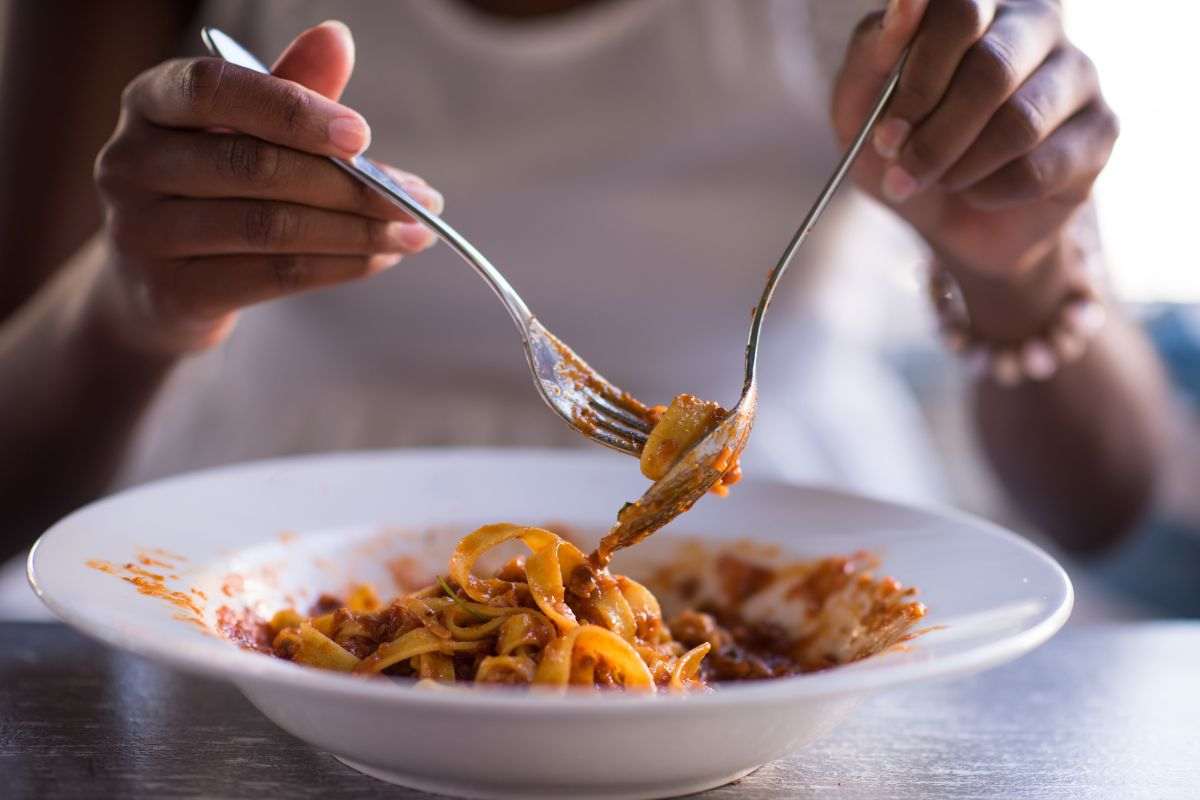Experts Say Pasta Can Be Part of a Healthy Diet
In the world of dieting, the idea of consuming pasta has often been met with skepticism and concern. However, nutritional experts are challenging the belief that pasta is incompatible with a balanced diet. They emphasize the importance of precision when it comes to the amount of pasta consumed while on a diet.
Contrary to popular beliefs, experts assert that pasta can be an integral part of a healthy diet, as long as it is consumed in moderation and accompanied by intelligent choices. The key to enjoying pasta during a diet is selecting whole or durum wheat types, as they contain fiber that promotes satiety and helps keep blood sugar levels stable.
Consumption frequency is another important element to consider. Introducing pasta into the diet in an occasional and balanced manner can make the diet more sustainable in the long term. Additionally, combining pasta with other nutritious foods and varying carbohydrate sources can help ensure a balanced diet.
Controlling portions is also a useful strategy. A smaller portion of pasta paired with a generous amount of vegetables or lean protein can create a satiating, balanced meal. This not only adds bulk and nutrients but also helps in reducing calorie intake.
According to the Italian Society of Human Nutrition, it is recommended to consume 80 grams of pasta, rice, corn, barley, or spelled every day. However, the quantities vary depending on age and lifestyle. For example, a teenager who is active in sports may be able to consume 100 grams, while a sedentary fifty-year-old woman or a child may only need 60 grams.
In addition to portion control, the choice of seasoning is equally crucial. Opting for light sauces made with fresh tomatoes, garlic, and herbs can make the dish tasty without adding an excess of calories. Moderate use of extra virgin olive oil is also a healthy choice that adds flavor without compromising the diet.
In conclusion, while pasta has often been viewed as a dietary villain, nutritional experts are now dispelling the myth and are encouraging its consumption as part of a healthy, balanced diet. As always, it is important to consult with professionals in the field of nutrition and dietetics to receive personalized advice and recommendations.
